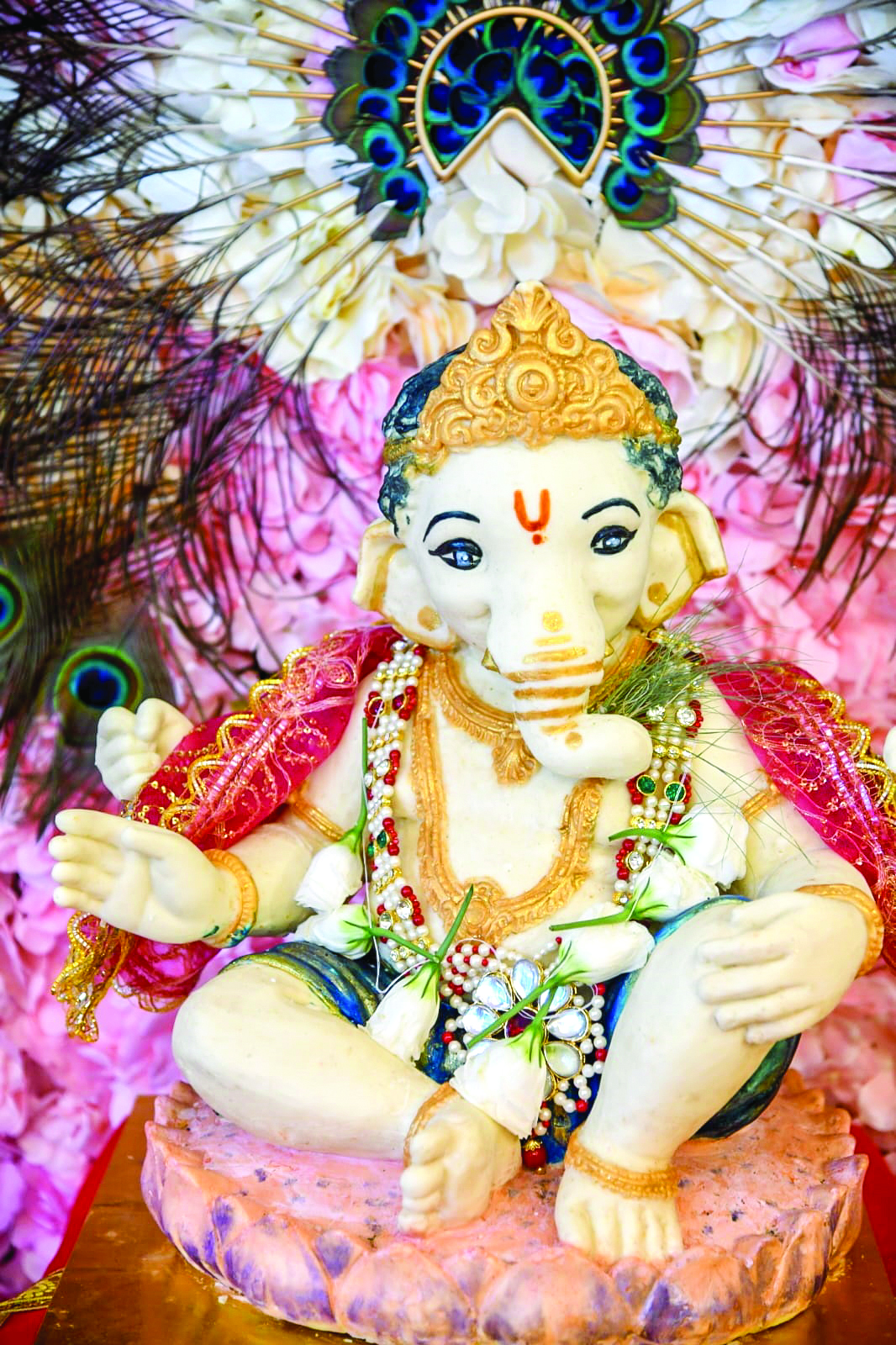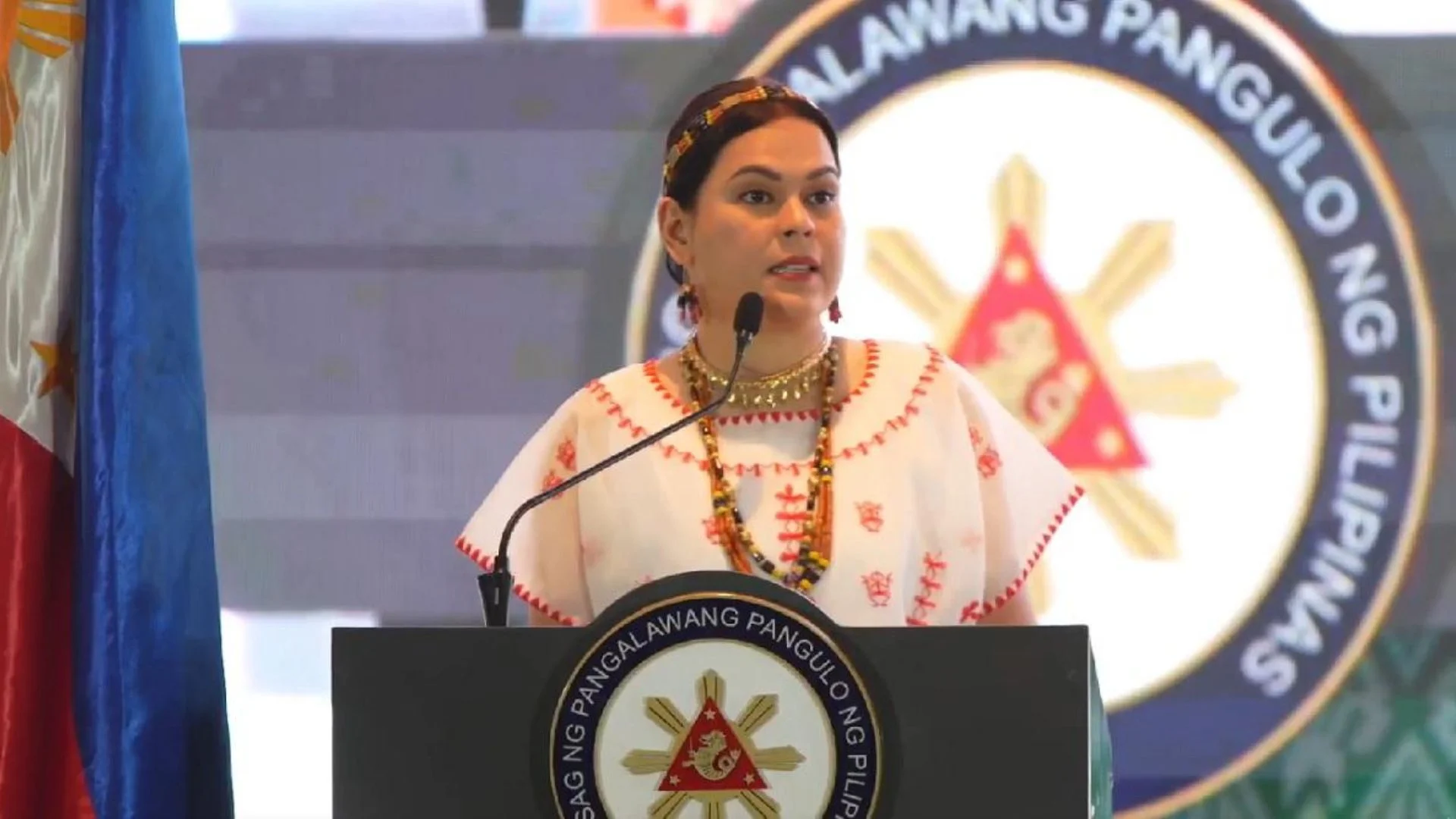
The Indian community in Hong Kong celebrated Ganesh Chaturthi in a truly innovative and environmentally conscious way this year. Under the leadership of the Amigos Millionaire Group, an eco-friendly Ganapati Puja was organized, placing a significant focus on sustainability. This year’s highlight was the use of edible chocolate Ganesh idols, symbolizing a unique step towards promoting eco-friendly practices during religious festivals.
Ganesh Chaturthi is traditionally celebrated by installing clay idols of Lord Ganesh, which are later immersed in water bodies as part of the Visarjan (idol immersion) ritual. However, in recent years, there has been growing concern over the environmental impact of these immersions, particularly with idols made of plaster of Paris and other non-biodegradable materials. These materials release harmful chemicals into water bodies, causing pollution and harming aquatic life.
To counter this environmental hazard, the Amigos Millionaire Group, led by its Chairman Raju Sabanani, spearheaded an innovative initiative with edible chocolate Ganesh idols. These idols are not only a step towards environmental sustainability but also enhance the meaning of the festival by incorporating community health and well-being into the celebrations.
Following the traditional installation of the Ganesh idol, the organizers carried out the Visarjan in an eco-friendly manner by dissolving the chocolate idol in milk. This symbolic yet profound act eliminated the need for immersing the idol in a water body. The milk in which the idol dissolved was then distributed as Prasad (holy offering) among the devotees, further promoting the sense of community and sharing that is central to the festival.
Speaking about the initiative, Raju Sabanani expressed his vision for a more sustainable way of celebrating religious festivals. “We encourage all devotees to adopt edible chocolate idols for worship and immersion instead of the traditional plaster idols that contain harmful chemicals and non-biodegradable materials. The immersion of traditional idols in water bodies has disastrous environmental effects. Our approach ensures that we not only honor Lord Ganesh but also safeguard nature.”
Sabanani emphasized that adopting sustainable practices does not detract from the religious significance of the festival but instead adds a new dimension of responsibility and care for the environment. “By adopting edible idols, we reduce the environmental footprint that these celebrations leave behind. The chocolate Ganesh not only adds sweetness to our celebration but also symbolizes health and prosperity without causing harm to our ecosystem.”
The eco-friendly celebration is a bold attempt to raise awareness about the environmental damage caused by traditional festival practices and to promote sustainable alternatives. Sabanani and his team hope that this initiative will serve as a model for communities worldwide, inspiring a global movement toward eco-friendly celebrations that harmonize tradition with environmental consciousness.
The Amigos Millionaire Group is committed to fostering a balance between cultural heritage and environmental sustainability.
Under Sabanani’s leadership, the group actively engages in cultural and social activities that align with their goal of promoting green initiatives. This year’s eco-friendly Ganesh Chaturthi was a testament to their efforts to bring about positive change, ensuring that celebrations are not only spiritually enriching but also environmentally responsible.
Through this initiative, the group aims to spread the message that tradition and sustainability can coexist harmoniously, ultimately encouraging more communities to adopt similar practices in their celebrations.















